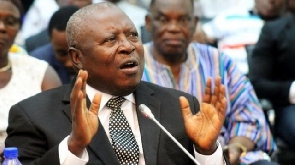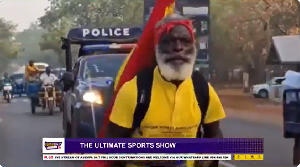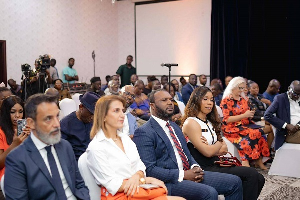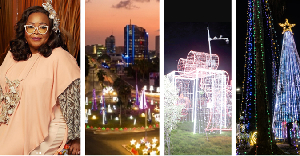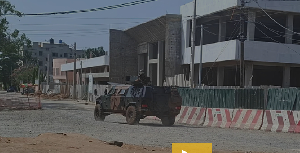The immediate post-colonial period, from 1957 to the first oil shock of 1973 are by any measure the good years for Ghana. The expansion of public education and public service under the Convention Peoples Party was Ghana’s watershed years of progress.
The 1980s was not a good decade for Ghana and sub-Saharan Africa. Ghana, like the rest of the countries on the continent, became synonymous with conflict, chaos, corruption, hunger and mass migration of skilled labour.
The key watershed was the period beginning in 1980 until the beginning of the Structural Adjustment Program. This was the period of real economic crisis for Ghana. Apart from losing over 90 per cent of her skilled labour, Ghana also suffered the indignity of large expulsions of her nationals from neighbouring countries to the motherland, including second and third generation Ghanaians born in Diaspora.
In the late 1980s the ascendance of neoclassical economics in the West resulted in a shift in development thinking, especially among the multilateral financial institutions, including the 2 Bretton Woods institutions (The World Band and the IMF). They correctly identified most problems in African countries as largely related to bad policies (price distortions due to government interference in the economy) and massive corruption by African governments’; however it is now an accepted fact that the mode of the structural policies implementation was wrong, especially in areas such as education and health care delivery.
Ghana is one of the first countries forced to accept this “ready made” solutions under the Structural Adjustment Programs and implement in its entirety. The narrow focus of the SAPs under NDC and later under NPP (HIPC) failed to address the fundamental problems that face the country. Although the program linked the Diaspora’s income/savings to the motherland, it left in its wake massive poverty among the poor who have become marginalise and much poorer.
Since the early 1990s, Ghana has built the capacity to conduct free and fair elections (1992, 1996, 2000 and 2004) and support of good governance which is paying long term benefits with remittances and investment from the Diaspora community which has been estimated to average $4 billion United States dollars a year. Presidents John Jerry Rawlings and John A. Kuffour have done pretty well to tap into the wealth of African Americans with their “Back to the Motherland” economic policies. Perhaps one person who has worked very hard to bring this about is the former sector minister for Diaspora Relations, Honourable Jake Obetsibi Lamptey.
Convention Peoples Party/Peoples National Convention under the leadership of Dr Papa Kwesi Nduom and Dr Edward Mahama have recognised that for Ghana to make progress where no region of the country is left out, then the country must design a much broader development agenda that must serve the needs and aspirations of the people. Mr James Bomfeh CPP Youth Organiser said “CPP will take into account the aspirations of the people based on realistic assessment of the state of the economy and institute policies to achieve long lasting development”. According to the Youth Organiser CPP will create the necessary condition to energize the Ghanaian people and seek strong support for the developmental effort. Mr Ben Attah Hayford, another of the CPP Young Progressives and former Nduom strategist said, “CPP will attack the developmental problems on interrelated socio-economic fronts, by reforming education and health care, improve sanitation, provide every community with clean drinking water, improve agricultural production by introducing modern technologies into farming and drastic land reform, extend electricity to the remotest parts of the country by relying on renewable energy, extend the transport infrastructure from the south to the north (road and railroad network country wide) provide affordable housing etc”. Mr Attah Hayford said “the stakes are high in the battle against economic mismanagement in Ghana. Ghana is beginning to take responsibility for its own affairs and CPP are the only party to trust by the Ghanaian people to offer such selfless government”.



